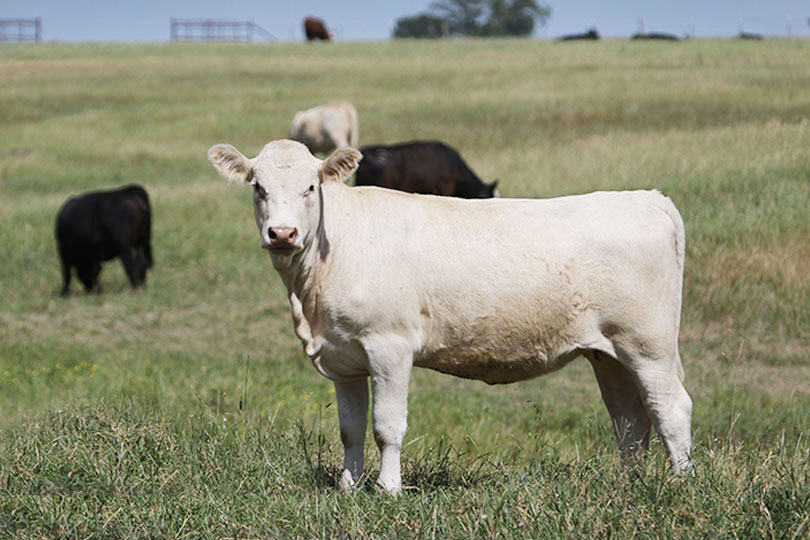By Julie Tomascik
Editor
Congress last week passed the Fiscal Year 2022 Omnibus Appropriations package, which included funding for several agricultural programs.
Among those were an extension of the Livestock Mandatory Reporting program and continued Electronic Logging Device exemption for livestock haulers. Also included in the package is a cattle contract library pilot program.
“This package will fund the government agencies through the end of the fiscal year, and it includes funding for some important agricultural programs,” TFB National Legislative Director Laramie Adams said.
Of the $1.5 trillion bill, $1 million is earmarked for the U.S. Department of Agriculture’s (USDA) Agricultural Marketing Service (AMS) to establish a cattle contract library as a pilot project.
The new program will be similar to the swine contract library currently administered by AMS.
Last December, the U.S. House of Representatives passed legislation authorizing a cattle contract library.
Proponents of the USDA contract library say this would give farmers and ranchers additional data they can use to make better-informed marketing and business decisions.
TFB also led efforts to include funding for key programs that will help Texas farmers and ranchers.
The bill provides $5 million for feral hog control and report language for a cost-share program for construction and repair of perimeter fencing through USDA’s Natural Resources Conservation Service (NRCS). The report language encourages NRCS, in conjunction with state soil and water conservation agencies, to develop a strategy to exclude feral hogs from agricultural and urban areas at risk of damage.
The legislation also provides an increase of $2 million and encourages the Animal and Plant Health Inspection Service to use available funds for a cost-share program for the construction and repair of livestock or game fencing on private lands.
The report includes language to contain the cattle fever tick quarantine area and the need to reduce the spread of fever ticks with the use of a cost-share fencing program through USDA’s Animal and Plant Health Inspection Service.
“The damage caused by feral hogs and the impact of cattle fever ticks on the Texas cattle industry are major areas of concern for Texas farmers and ranchers,” Adams said. “Including funding for programs to help control and eradicate them is a step in the right direction to reduce damages and increase profitability for farmers and ranchers.”
Also included in the bill is $550 million in additional funding to USDA for rural broadband and $3.5 billion for agricultural research. The legislation includes $783 million for climate-related initiatives and $834 million for increased purchasing of fruits and vegetables in the Women, Infants and Children nutrition program.
Language aimed at addressing concerns about the increased ownership of American agricultural land by foreign investors also accompanies the omnibus package.
USDA is directed to produce a report “regarding data on foreign-owned agricultural land trends including land owned, or partially owned, by the governments of China, Russia, Iran or North Korea over the past decade and projects for the next decade based off of previous trends, and the potential impacts on the American agricultural sector, food security and rural economies.”
USDA would have 180 days for the study.
The bill, which funds the federal government agencies for the remainder of FY2022, now goes to President Joe Biden for his signature.

